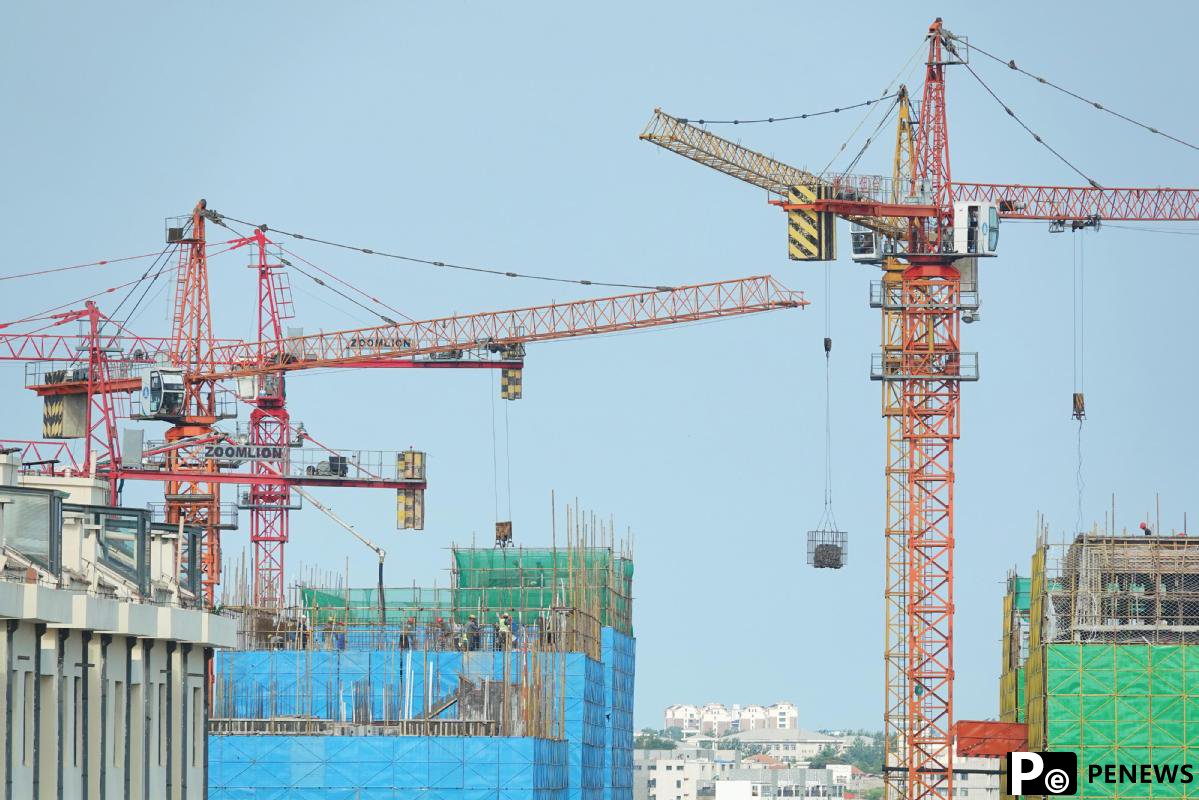Home>>
Boost to market confidence, growth momentumBy OUYANG SHIJIA (China Daily) 10:17, August 05, 2024

An employee tests LED lights at a tech company in Ruichang, Jiangxi province. WEI DONGSHENG/FOR CHINA DAILY
China's recent decision to deepen economic structural reforms will significantly boost market confidence, revive growth momentum, and facilitate the country's sustainable and high-quality development in the next few years, said officials, experts and entrepreneurs.
They estimated that China's economic activity will likely continue to pick up in the remainder of the year, driven by reforms to tackle structural issues, improvement in domestic demand, resilient manufacturing activity and stimulus policy measures.
They, however, warned the economy is still facing challenges from ongoing disinflationary pressures, still-weak consumer confidence, and potential risks in local government debt and the real estate sector. Therefore, more efforts are needed to consolidate the foundation of the ongoing economic recovery, they said.
Their comments came after the recently concluded third plenary session of the 20th Central Committee of the Communist Party of China adopted a resolution on further deepening reform in a comprehensive fashion to advance Chinese modernization.
Li Daokui, director of Tsinghua University's Academic Center for Chinese Economic Practice and Thinking, said as the country is set to roll out a slew of reform measures in the remainder of the year, it is on track for a steady recovery this year.
"Economic reforms in real estate, local government debt and initiatives to promote consumption and enhance social welfare are the three aspects that concern me the most," said Li. "These economic reform measures are soon set to become new drivers of economic development."

A property construction site in Yantai, Shandong province. TANG KE/FOR CHINA DAILY
According to the resolution, China will establish a system for monitoring and regulating all local government debt as well as long-term mechanisms for preventing and defusing hidden debt risks. And it will refine long-term mechanisms for expanding consumption, reduce relevant restrictions and boost public spending as necessary.
On the property front, the resolution said China will move faster to establish a housing system that supports both housing rentals and purchases and foster a new development model for the real estate sector.
Notably, the resolution said municipal governments will be given greater decision-making powers to regulate the real estate market, and based on local conditions, some cities will be permitted to abolish or reduce restrictions on housing purchases and to scrap relevant standards for ordinary and non-ordinary housing. And the country will also carry out reforms to change the way real estate development is financed.
Looking ahead, Li said the real estate sector will remain a "pillar industry" over the next 15 to 20 years, as around 350 million people, including those now living in rural areas and migrant workers living in cities, will likely buy residential properties in cities in the future.
"There may be excess construction in the short term in certain cities and regions, resulting in a surplus of housing," he said. "However, after this period, likely within one to two years, the overall real estate market is expected to rebound and return to an expansionary phase."
Data from the National Bureau of Statistics showed China's property investment fell 10.1 percent in the first six months of 2024 from a year earlier, flat with the figure in the first five months, as the policymakers' efforts to support the ailing sector took time to revive demand.
Han Wenxiu, executive deputy director of the Office of the Central Committee for Financial and Economic Affairs, said more efforts should be made to speed up the building of a new development model for the sector, better meet residents' demand for basic housing and their need for improved housing, and establish corresponding systems for financing, fiscal and tax policies, land and sales.

Kids race with a robot dog during an expo in Mianyang, Sichuan province. CHEN DONGDONG/FOR CHINA DAILY
At a news conference in July in Beijing, he said that the ongoing urbanization process will offer considerable space for high-quality development in the real estate sector.
Highlighting the country's ongoing deepening reform practices, Han said China aims to drive the transition from its traditional growth drivers to new growth drivers, providing robust support for high-quality development.
Han said key focus should be placed on promoting the healthy development of the property sector and accelerating the development of emerging sectors and future industries.








